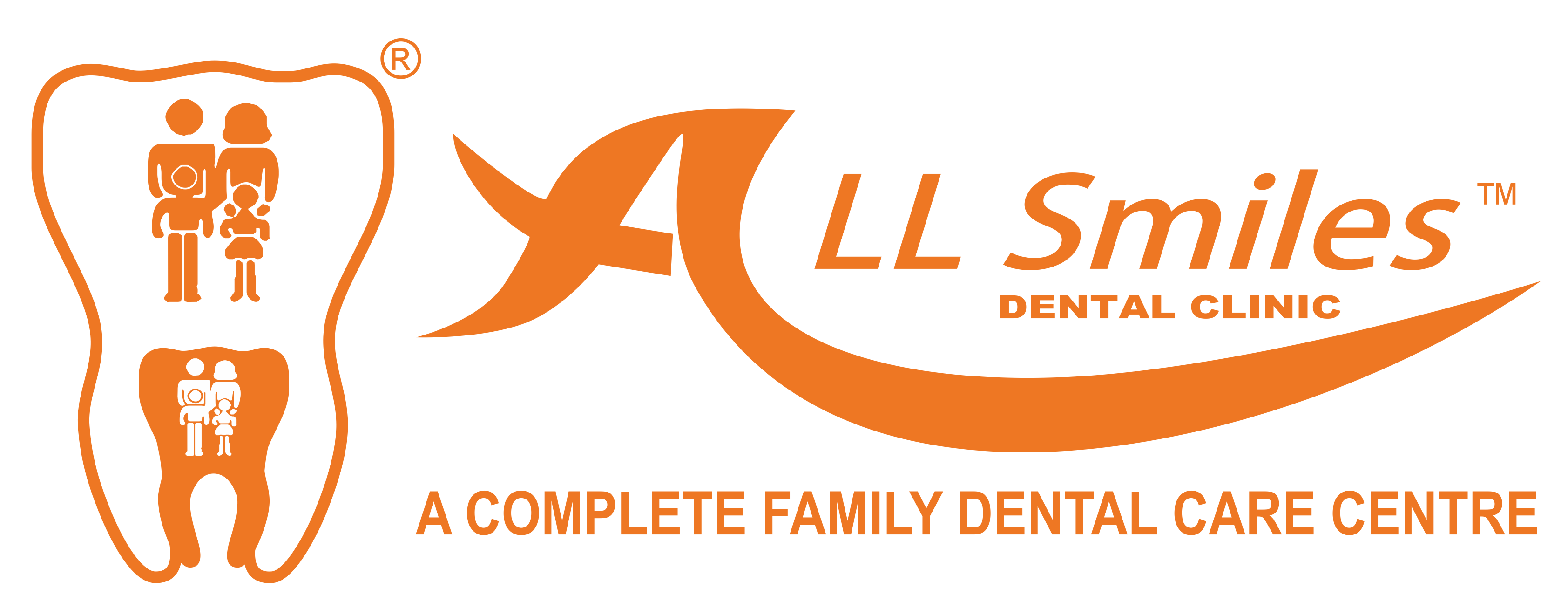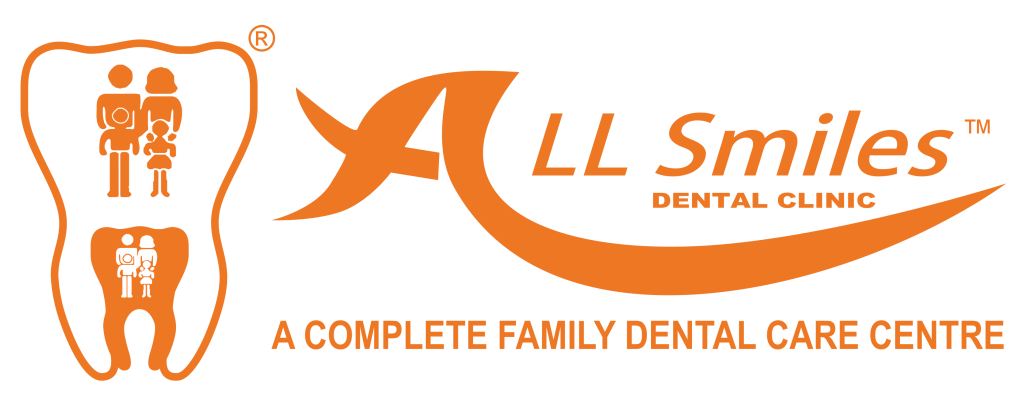Extractions at All Smiles Dental Clinic
"Removing the problem to restore comfort and oral health"
Extractions at All Smiles Dental Clinic
"Removing the problem to
restore comfort and
oral health"
What is Extraction?
Simple Tooth Removal: Simple tooth removal is typically performed when a tooth is visible, easily accessible, and can be extracted with minimal effort. This procedure is commonly used for teeth that are decayed, damaged, or have become loose due to gum disease. Your dentist will numb the area with local anesthesia to ensure your comfort during the process. Simple tooth removal is a relatively quick procedure, and recovery is usually smooth and uncomplicated.
Surgical Tooth Removal: Surgical tooth removal is necessary when a tooth is impacted, meaning it is trapped beneath the gum line or has not fully erupted. This often occurs with wisdom teeth or teeth that are growing in a misaligned manner. Surgical extraction may also be required for teeth with complex root structures or when the tooth has broken off at the gum line. During the procedure, your dentist or oral surgeon may need to make an incision in the gum and potentially remove a small portion of bone to access and extract the tooth. Sedation or general anesthesia may be used to ensure your comfort during the surgery. Recovery time for surgical tooth removal is typically longer, and your dentist will provide detailed post-operative care instructions to support healin
For Extraction: What to Expect on your First Visit?
Our experienced dental team will assess your specific situation and determine whether simple or surgical tooth removal is necessary. We will discuss the procedure in detail, answer any questions you may have, and ensure your comfort throughout the process.
Frequently Asked Questions
Tooth removal may be necessary for various reasons, such as severe tooth decay, infection, gum disease, overcrowding, impacted wisdom teeth, or preparation for orthodontic treatment.
Your dentist will ensure your comfort during the procedure by using local anesthesia to numb the area. You may feel pressure during the extraction, but you should not experience pain. Afterward, there may be some discomfort, which can be managed with over-the-counter pain medications.
The duration of the tooth removal procedure depends on various factors, including the complexity of the extraction and the specific tooth being removed. Simple extractions typically take a few minutes, while surgical extractions may take longer.
After a tooth removal, you may experience some swelling, discomfort, and slight bleeding. Your dentist will provide instructions on how to care for the extraction site and manage any discomfort. It’s important to follow these instructions to promote proper healing.
Recovery time varies depending on the individual and the complexity of the extraction. In general, it can take a few days to a couple of weeks for the extraction site to heal completely. Following your dentist’s post-operative instructions and maintaining good oral hygiene will aid in the healing process.
It is best to stick to soft foods and avoid chewing on the extraction site immediately after the procedure. As the area heals, you can gradually reintroduce solid foods. Your dentist will provide specific dietary guidelines based on your situation.
Depending on the tooth being removed and your overall dental health, your dentist may recommend a replacement option such as a dental implant, bridge, or denture. It’s important to discuss tooth replacement options with your dentist to restore functionality and aesthetics.
Tooth removal is a routine dental procedure, and complications are rare. However, as with any surgical procedure, there are some potential risks, such as infection, excessive bleeding, dry socket, or damage to nearby teeth or structures. Your dentist will explain these risks and take appropriate measures to minimize them.

